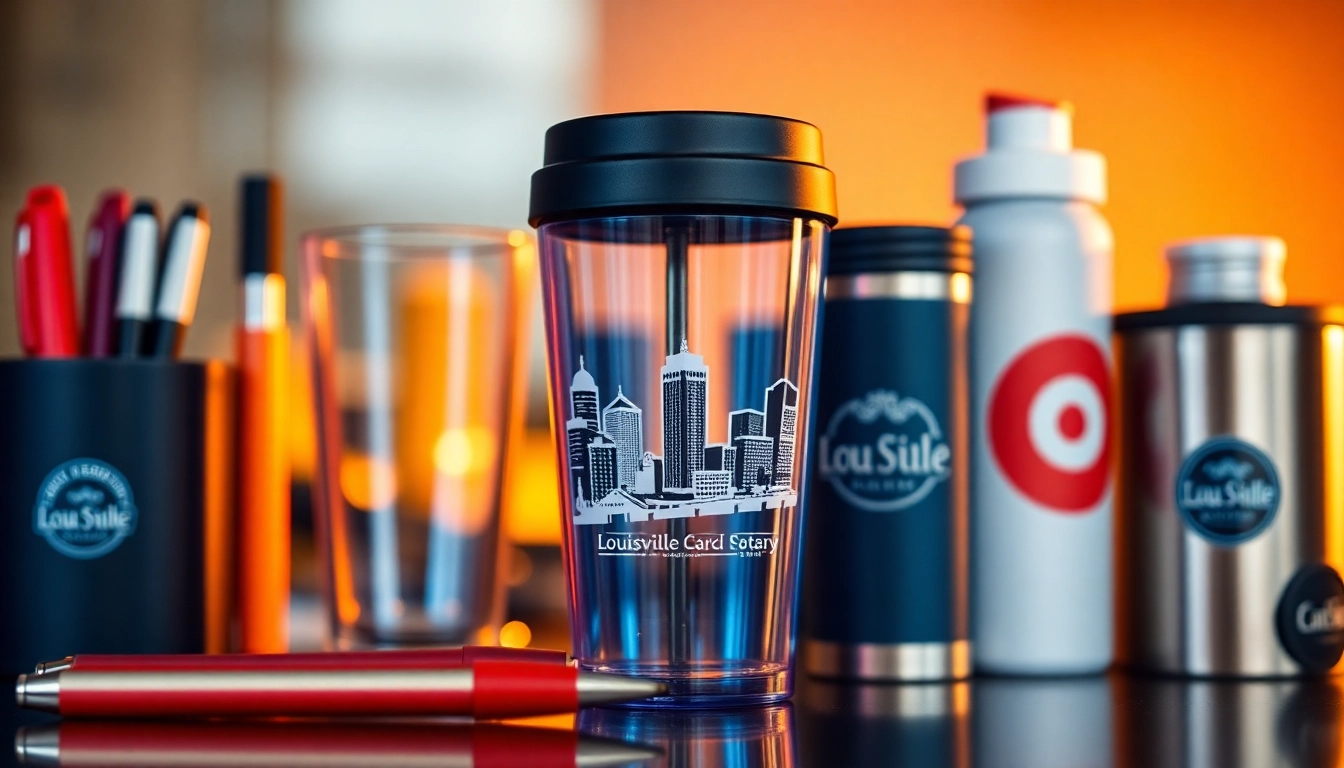Understanding Pakistan’s Towel Export Industry
Overview of the Pakistani towel manufacturing sector
Pakistan has established itself as a significant player in the global textile and towel manufacturing industry. Over the past decade, the country has focused on expanding its towel production capacity, leveraging its abundant cotton resources and growing infrastructure. The towel manufacturing sector ranges from small-scale local producers to large, export-oriented factories equipped with modern technology. These manufacturers produce a diverse array of towel types, including luxury bath towels, hotel linens, sports towels, and customized branded products.
For example, recent developments in Pakistan’s towel industry highlight a robust growth trajectory driven by increasing demand from international markets. The country’s strategic focus on quality improvement and adherence to international standards has helped it penetrate markets across North America, Europe, and the Middle East.
If seeking to explore opportunities in this thriving sector, consider looking into the towel export from Pakistan. This link provides insights into trusted manufacturers, quality guarantees, and partnership opportunities with Pakistani producers.
Current export statistics and growth trends
Pakistan’s towel export industry has shown remarkable growth in recent years. According to data from Volza.com, between June 2024 and May 2025, Pakistan exported approximately 75,891 shipments of towels. These shipments involved over 1,344 exporters and reached nearly 4,804 international buyers, reflecting a notable 24% increase compared to the previous year.
In monetary terms, the industry has surpassed the $1 billion mark, with exports valued at approximately $1.082 billion during FY 2024-25. Over 226,000 metric tons of towels were exported, indicating a strong demand driven by competitive pricing, diverse product offerings, and high-quality standards.
This upward trajectory signifies the Pakistani towel industry’s increasing global competitiveness. With ongoing investments in manufacturing technology, quality control, and sustainable practices, sector growth is expected to continue at a healthy pace.
Major export destinations and market demand
The Pakistani towel industry predominantly exports to North America, Europe, and the Middle East. Countries such as the United States, Germany, the United Kingdom, and the UAE constitute the primary markets, owing to their high consumption of premium textiles and hospitality sector demands.
The growing demand for eco-friendly and luxury towels is reshaping market preferences. Buyers are seeking products with certifications like OEKO-TEX, GOTS, and ISO, facilitating premium pricing and long-term contracts.
For exporters, understanding regional market preferences and compliance requirements is crucial. Countries with strict standards demand consistent quality, sustainable sourcing, and transparent supply chains. As Pakistan’s exporters adapt, market share is expected to expand further.
How to Optimize Your Towel Export Business
Sourcing high-quality raw materials in Pakistan
The foundation of a successful towel export business lies in sourcing premium raw materials. Pakistan’s cotton industry offers long-staple varieties suitable for high-quality towels, providing softness, durability, and color retention. Partnering with trusted suppliers who provide certified organic or eco-friendly cotton can add value and appeal to international buyers.
Establishing robust supplier relationships, assessing fiber quality through laboratory testing, and securing consistent supply are best practices for ensuring product excellence. Furthermore, investing in supply chain transparency enhances credibility, particularly among buyers prioritizing sustainability.
Compliance with international quality and safety standards
To successfully penetrate global markets, Pakistani towel exporters must comply with internationally recognized quality standards such as ISO 9001, OEKO-TEX Standard 100, and GOTS. These certifications demonstrate product safety, environmental responsibility, and social compliance.
Implementing rigorous quality control measures at every stage—from raw material procurement to final packaging—is essential. Regular inspections, testing for colorfastness, absorbency, and fabric strength, ensure products meet the expectations of discerning international clients.
Staying updated with evolving standards, such as textile recycling mandates or chemical restrictions, enables exporters to maintain compliance and avoid trade disruptions.
Effective branding and packaging for global appeal
In a highly competitive marketplace, branding and packaging differentiate Pakistani towels from competitors. Packaging should ensure product safety during transit, reflect eco-conscious values, and appeal visually to appeal to premium markets.
Incorporating detailed labeling with care instructions, certifications, and brand stories adds credibility. Branding efforts—such as developing a memorable logo, consistent color schemes, and attractive catalogues—help create a strong international presence.
Collaborating with professional design agencies or packaging specialists can significantly enhance presentation, contributing to higher perceived value and customer loyalty.
Logistics and Supply Chain Management
Choosing reliable freight and shipping partners
Efficient and reliable logistics are vital for timely delivery and customer satisfaction. Pakistani exporters should select freight forwarders experienced in handling textile shipments, capable of offering competitive rates and tracking services.
Door-to-door solutions, multimodal transport options, and insurance coverage mitigate risks related to damages, delays, or customs issues. Establishing partnerships with reputable international carriers ensures smoother transit and better negotiation leverage.
Managing export documentation and customs clearance
Proper management of export documentation—such as invoices, packing lists, certificates of origin, and compliance certificates—is critical for seamless customs clearance. Pakistan’s exporters need to stay updated on varying import regulations across target markets.
Employing professional freight forwarders or customs brokers can streamline procedures, prevent delays, and reduce costs. Digital documentation and tracking systems further enhance operational efficiency.
Reducing lead times and maximizing efficiency
Minimizing lead times from order to delivery involves optimizing production schedules, inventory management, and coordinating logistics well in advance. Implementing Enterprise Resource Planning (ERP) systems can synchronize processes and facilitate real-time decision-making.
Maintaining buffer stock of raw materials and finished products ensures flexibility, enabling quick responses to market demands and reducing reliance on last-minute shipments.
Marketing and Building Global Buyer Relationships
Leveraging online B2B platforms and directories
Exporters should actively participate in international B2B marketplaces such as Alibaba, Global Sources, and tradeindia.com. These platforms provide visibility to global buyers and facilitate direct communication.
Creating comprehensive company profiles, showcasing product catalogs, and responding promptly to inquiries help establish credibility and generate leads.
Participating in international trade fairs and exhibitions
Attending notable global trade events like the Heimtextil Fair (Germany), Techtextil (Germany), and India International Textile Machinery Exhibition (ITME) offers opportunity for face-to-face networking, product demonstrations, and brand positioning.
Preparing attractive samples, marketing collateral, and compelling pitches can convert festival leads into long-term clients.
Establishing long-term partnerships with international buyers
Building lasting relationships involves regular engagement, quality consistency, and flexible negotiations. Offering tailored solutions, volume discounts, and after-sales support build trust and encourage repeat business.
Maintaining consistent communication through emails, video calls, and participation in buyer-specific events helps reinforce ties and adapt to evolving market preferences.
Future Opportunities and Industry Innovations
Eco-friendly and sustainable towel production
Sustainability is increasingly influencing global purchasing decisions. Pakistani towel manufacturers are adopting eco-friendly practices such as organic cotton cultivation, water-saving dyeing techniques, and biodegradable packaging.
Certifications like GOTS and OEKO-TEX further validate sustainability efforts, allowing exporters to access premium markets that prioritize environmental responsibility.
Emerging trends in towel design and functionality
Innovations in towel design—such as quick-dry materials, anti-microbial finishes, and customizable textures—are creating new opportunities. Integrating smart textiles or responsive technologies can elevate product appeal, especially in hospitality and wellness sectors.
Staying ahead of trends involves continuous R&D, market studies, and collaboration with designers and technologists.
Investing in technology for quality enhancement and scalability
Automation of production lines, advanced dyeing machinery, and quality inspection systems improve product consistency and throughput. Digital platforms for order management and supply chain visibility increase operational agility.
These technological investments reduce costs, improve quality, and help Pakistani exporters scale their businesses to meet rising global demand.


